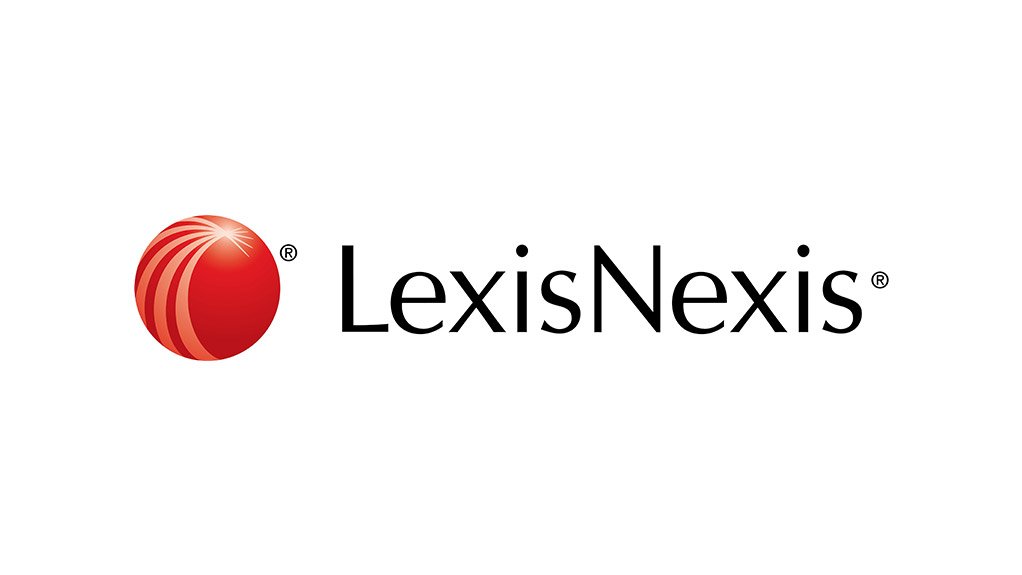Effective due diligence helps companies safeguard their interests and mitigate risks, whether in relation to anti-money laundering or anti-bribery compliance, M&A activity, supply chain transparency or overall business health. However, when due diligence efforts fall short, it can lead to criminal charges, fines, significant financial and reputational cost and other restrictions. With enforcement on the rise across all industries, you need a robust plan, especially when looking to acquire another business through either a sale, merger or other method.
The three major types of due diligence are legal, commercial and financial and it is wise to follow a checklist when gathering any such information.
Legal due diligence involves examination and review of legal documents and contracts. A good checklist will include intensive reviews of legal structure, contracts, loans, properties, litigations and employment information.
Financial due diligence focuses on verifying and evaluating the financial records of the target company. It covers cash flow, debt, assets, liabilities, earnings and management structures.
Commercial due diligence is the thorough understanding and examination of the market that the target company operates in. This involves activities such as conversing with customers, assessing competitors and analysing the business plan.
While it’s imperative to collect and review all the due diligence documents pertaining to the potential acquisition, you also must do your own enhanced due diligence. This data could include corporate structure, public record information, news coverage - especially negative news to uncover potential risks - or case laws to identify litigation history. Screening is an important step in due diligence but with the complexity and volume that companies must undertake, it makes sense to seek assistance, whether through employee training or external consultants. However, tracking this much data manually is time-consuming and you could risk missing important information. For those reasons, companies should make use of technology designed to automate screening, assist in due diligence investigations, and support on-going risk monitoring to efficiently and cost-effectively manage the due diligence process and mitigate risk.
A solution from LexisNexis Data Services called NexisDiligence brings together this information in one platform, allowing you keep up-to-date on government sanctions, watch lists and PEPs. In addition to this content, you can leverage on-the-ground media reports and in-depth country risk analysis reports to identify high-risk issues before they impact your business. Nexis Diligence helps companies:
- Screen individuals against PEP and sanction lists
- Access relevant, global news sources
- Conduct targeted searches for board members and investors across biographical sources and legal references
- Set up alerts on individuals and firms during the search process and after to keep informed of potential risk events
- Generate comprehensive due diligence reports— including time and date stamps, annotations related to findings and more—to address regulator expectations
- Leverage multiple databases for detailed information on businesses, corporate families and other indicators of beneficial ownership.
For more information, visit https://www.lexisnexis.co.za/nexisdiligence
EMAIL THIS ARTICLE SAVE THIS ARTICLE ARTICLE ENQUIRY
To subscribe email subscriptions@creamermedia.co.za or click here
To advertise email advertising@creamermedia.co.za or click here











